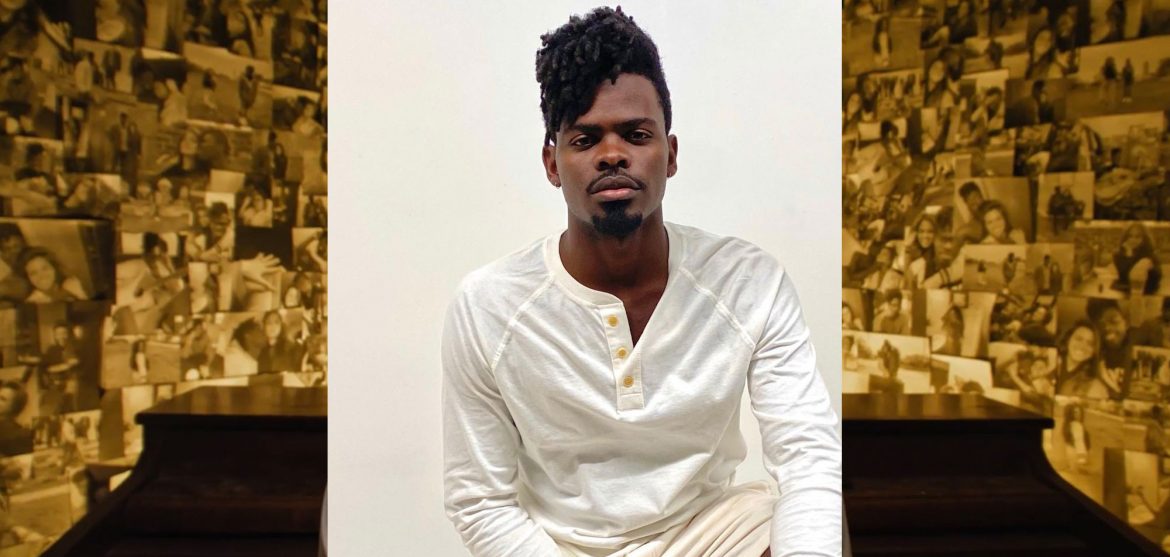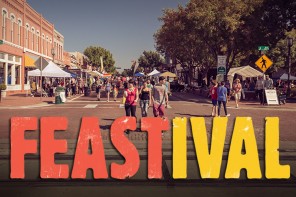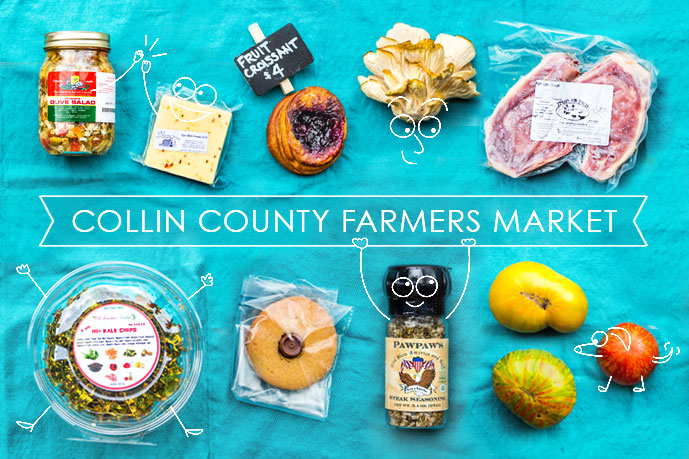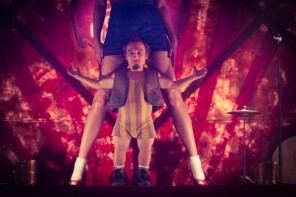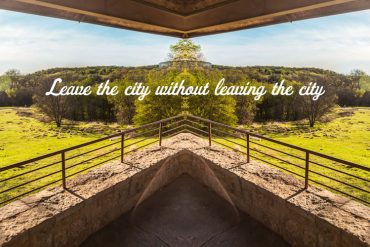Local musician Ron Bultongez released his first new single in two years, “Get Back Up,” on June 12. Fittingly, this month is also African-American Music Appreciation Month.
“The Black culture and African American culture have brought so much to the table as far as the music world. If it weren’t for Michael Jackson, Kanye West, Bill Withers, James Brown, Prince – those guys have influenced my talent and love for music,” said Ron.
And Ron has positioned himself to be an influence on others, inside and outside of the music community. He was born in the Democratic Republic of the Congo, but has called Plano home since he was a young child. Though his journey was long and arduous getting here, he says there is no other place he would rather be than Plano.
It’s here where his heart truly shows its gratitude and a need to give back. In the past few years, he’s spoken to kids in Plano ISD schools and those living at City House, a local shelter for homeless children, offering words of encouragement. Ron’s attitude is awe-inspiring for a man that has yet to eclipse his thirties.
“To me, the work I’m doing with the community is 10 times more important than anything I’ll ever do creatively,” he said. “I’m privileged to do what I love, but nothing to me is more important than the human race, and taking care of the human race.”
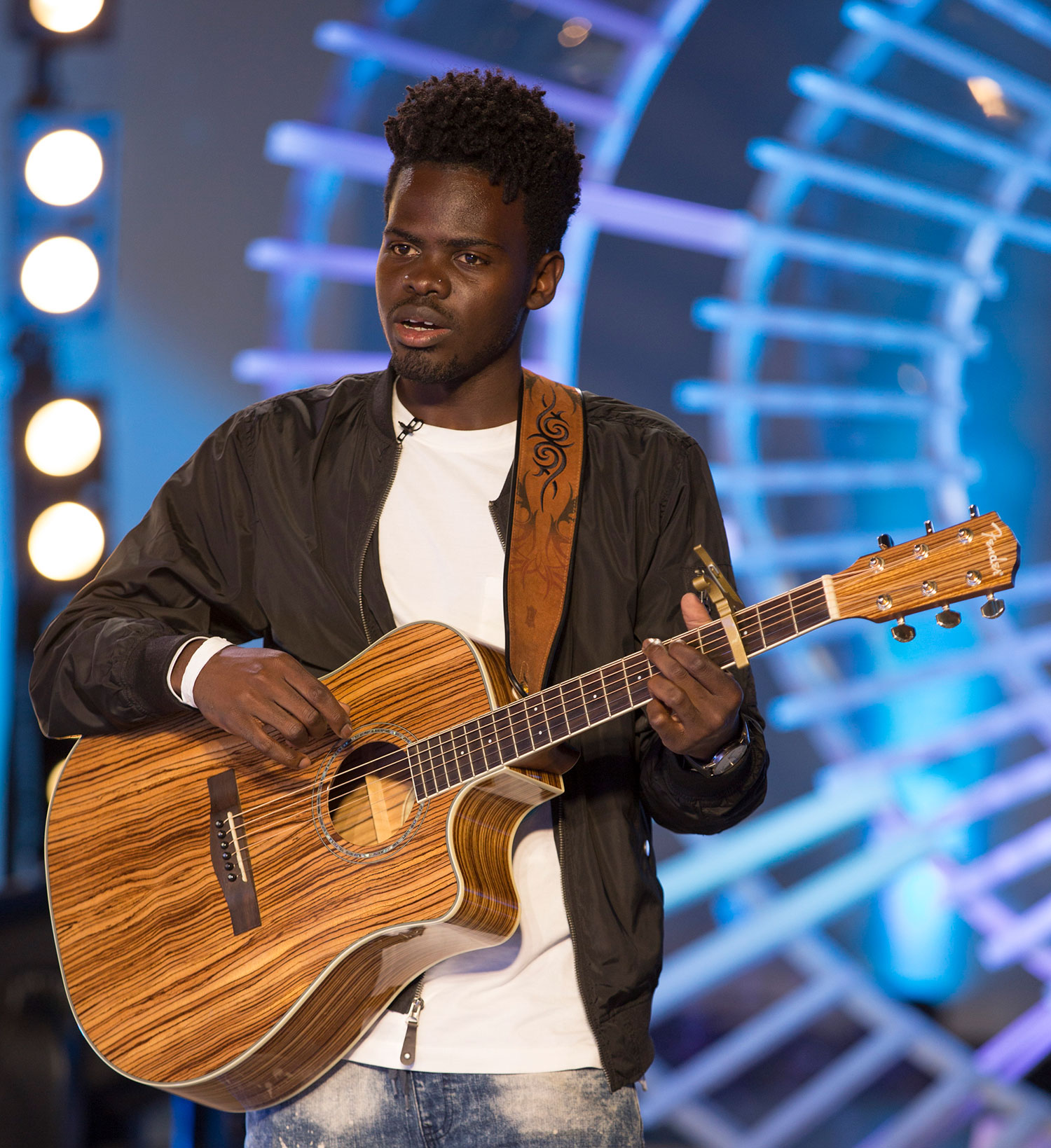
Music is also a big part of his life. If you fancy yourself an “American Idol” fan then you definitely saw Ron on ABC’s reboot of the show in 2018. A talented singer with a range that will send chills down your spine, his voice is something to behold.
“Get Back Up” is Ron’s first release since “Idol” and it is simply stunning. Coupled with a beautifully imagined music video that will be released in July, it’s a piano-driven song that shows vulnerability, with a melody that will stick with you long after the song is over. I was able to speak with Ron about his newest song and more.
What was the inspiration behind your new single “Get Back Up?”
I was on a date and my producer calls me and says, “Hey man, you need to come to the studio and record a song.” So, we get to the studio and we ended up hanging out until 3:30 a.m. The later the night got, the more my thoughts started going. I started thinking it’s inevitable to fall down, to hurt, but, the cool thing about it is we can all get back up. It doesn’t matter if you fall down seven times, you’ll always get back up. So I sat at the piano and just started playing. I wrote the song in about 15 minutes. After I was done, my producer asked if I wanted to track the song. “Get Back Up” was never supposed to see the light of day, it was just supposed to be something that we created just for the sake of creating.
The second thing that fueled the song was just everything happening with COVID-19. On a world scale, we are all falling. Whether you’re stuck at home with someone abusive, or you lost your job or business – whatever you’re going through, this has affected all of us. This whole situation has reminded us just how human we all are. So the song helps us all know that we need to help get up together. We can, we must, and we will get back up.
How much input did you have in how the music video was shot?
We’ve all danced different dances, we’ve all tasted different foods, and we’ve all loved differently. Everyone has a different story to tell. I tell stories through my creativity in music and visuals. When I was writing “Get Back Up”, I envisioned everything you see in the video. I got to work with Dallas legend [director] Richard Krall and my buddy, Logan, who are more the film experts, and I just have the vision. I told them I imagine myself chasing happiness, so that’s why I liked the visual of the hallway. Your past love is not in there, but just the memories remain. I think visual is just as powerful, if not more so, than audio.
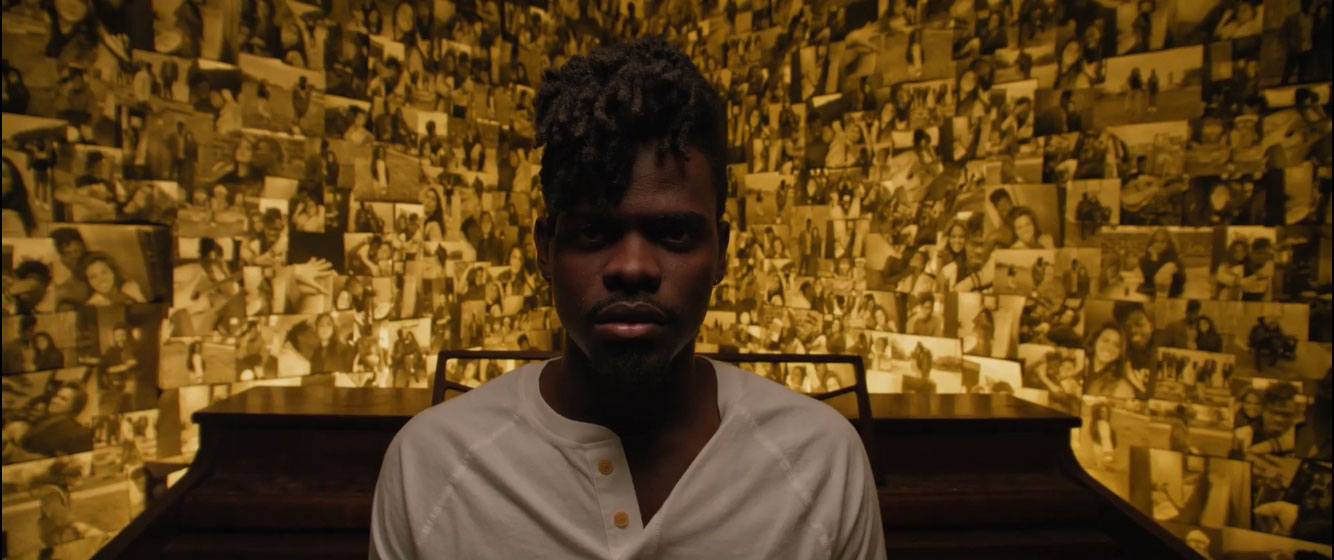
The video for “Get Back Up” will release in July.
Was it important to you to use local talent to help produce not only your song but also the video?
We were shooting this right when COVID-19 was hitting. Realizing that we were on a time crunch, I knew we needed to get to work. I’d just returned from Nashville and Austin after networking a bit with people. And that’s when I realized I don’t need to go to all of these other places to get something like this video made. You don’t have to go to the big cities like L.A., New York City, or Nashville to create the art. The art is inside of you. You don’t have to leave town to do that. I’m really proud that we didn’t outsource at all.
Did you know from a young age that you wanted to go into music? Tell me about your journey into the music industry.
Absolutely not. I was born overseas and was very inspired by Michael Jackson. There are a few things I feel like all of the Congolese kids knew about regarding America, and that was Michael Jackson, Celine Dion, Chuck Norris and Dallas, Texas. Michael Jackson was just a huge inspiration for me. He had such a worldwide voice and impact. I didn’t even understand what he was saying but I was moved by the power of music. I was in love with it.
In 5th grade in Plano, you have to be in band, choir or orchestra, and I wanted to be a drummer. Well, they ended up putting me in choir class, so I wasn’t sure if they had messed up my schedule. I look back on it now and realize it was one of those things that was meant to be. There were a lot of cultural barriers happening between myself and the choir teacher at that time, so it made it a bit difficult to work with her. But, she told me to stick with it for a week and if I didn’t like it, then I could switch back to band class. I stuck with it, then she heard me sing and basically said, “You’re not leaving.”
I was especially inspired by Coffey Anderson because he was Black, he could play guitar and he was from the country. It was interesting because when you think of country music, it’s typically white [people], right? So I would get made fun of constantly by people saying, “Stop trying to be white. Stop trying to sing white people music.” Coffey Anderson helped give me that courage to say there is no race associated with music. Anyone can enjoy and sing the music.
City House helped facilitate my first singing opportunity. There was a ribbon-cutting event for one of their newest houses and they asked me if I wanted to come to sing, “Hallelujah.” So December 2015 is when I started to do this whole music thing.
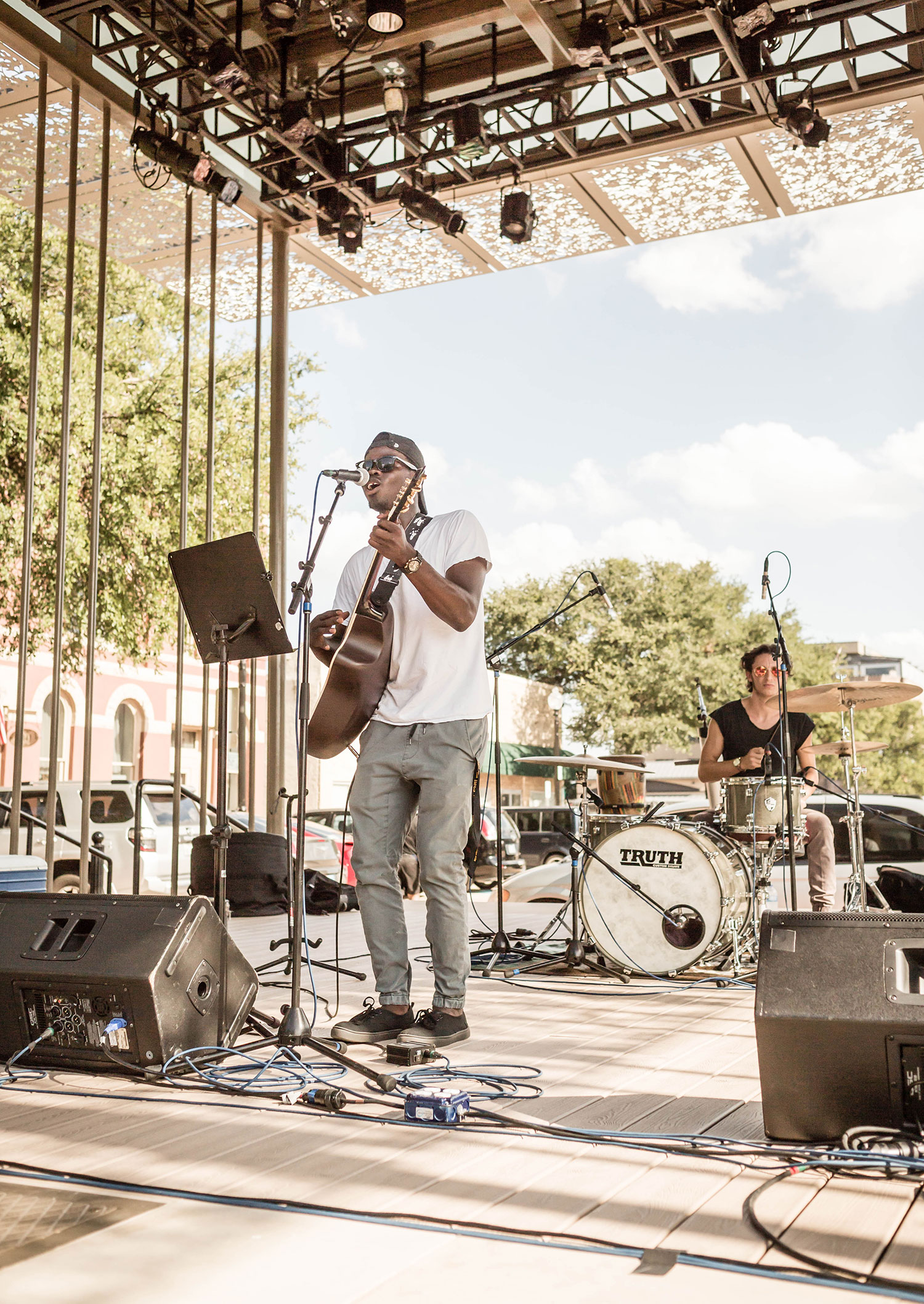
June is African-American Music Appreciation Month. What does that mean to you?
America is set up to make a lot of money off of Black talent. From the NBA, NFL, film industry, music industry to regular labor jobs, this country has made a lot of profit off the Black community. So I think having a month dedicated to Black and African American music is a good start.
There are all these things that are a part of American history, but for us to get the full picture, we have to realize that Black history is American history. There are certain aspects of Black history and African American history that I’ve had to learn on my own because it wasn’t taught in school. It’s not the teacher’s fault or school district’s fault. It’s just a generational thing that was society’s fault. But, we’re taking strides now more than ever to wipe all that stuff out. I think we can all feel it happening, and it’s amazing.
Who would you say is your favorite Black artist of all time?
Man, that’s a tough call between Michael Jackson, Kanye West and James Brown. If I could have a studio session with those three, I could retire after that.
And I forgot to add Prince. It’s worth mentioning that my manager, Theo London, was once Prince’s manager. I mean, goodness, I’m being managed by a guy who managed one of my favorite Black artists of all time! There are tons of singers, songwriters out there that are heavily influenced by his music, and yet, I’m the one being managed by his former manager? That is absolutely insane. He tells me I remind him so much of Prince in my mentality towards the human race, doing the right thing and my work ethic. It’s just such an honor to be managed by Theo. I feel so blessed.
Listen to Get Back Up >
